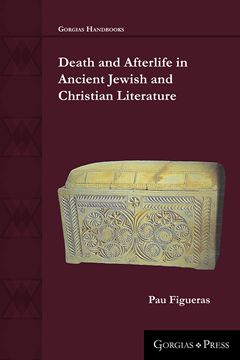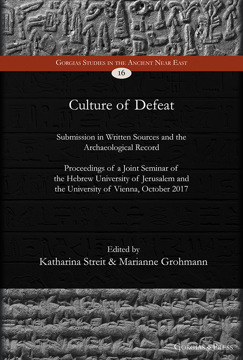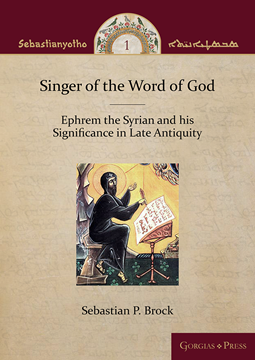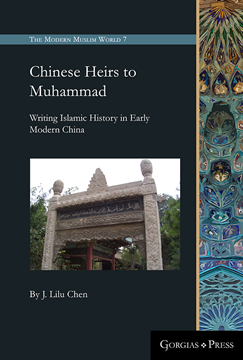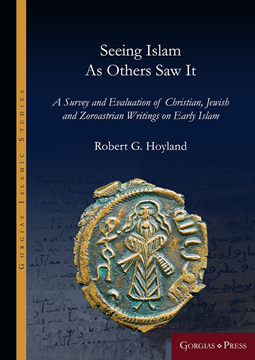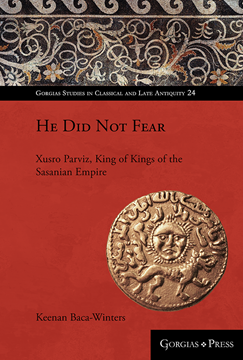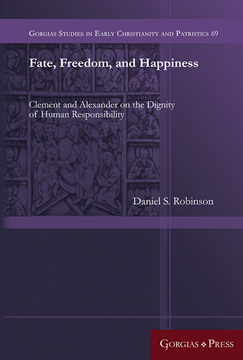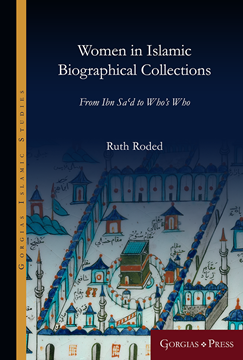Death and Afterlife in Ancient Jewish and Christian Literature
By Pau Figueras
Series: Gorgias Handbooks 41
ISBN: 978-1-4632-3919-0
This handbook explores beliefs of ancient Jews and Christians surrounding death and the afterlife through the lens of texts ranging from the Old Testament and New Testament, to Second Temple period and rabbinic literature, to early Christian writings. Figueras further brings together eschatological texts from Iran, Egypt, Greece, and Rome as comparanda, and provides context and bibliography to guide readers in their study of ancient Jewish and Christian views of death and the afterlife.
$78.65 (USD) $47.19 (USD)
Culture of Defeat
Submission in Written Sources and the Archaeological Record. Proceedings of a Joint Seminar of the Hebrew University of Jerusalem and the University of Vienna, October 2017
Edited by Katharina Streit & Marianne Grohmann
Series: Gorgias Studies in the Ancient Near East 16
ISBN: 978-1-4632-3920-6
Culture of Defeat is based on a 2017 conference focusing on the impact on, and responses by, the defeated parties in conflicts in the ancient Near East. Shifting the focus of analysis from the conqueror to the vanquished, the (re-)examination of written sources and the archaeological record sheds new light on the consequences and reactions after often traumatic defeats and allows to gain a more nuanced and complete picture of such events.
$114.95 (USD) $68.97 (USD)
Missionary Life in Persia
Being glimpses at a quarter of a century of labors among the Nestorian Christians
By Justin Perkins; Introduction by John Pierre Ameer
Series: Kiraz Historic Travels Archive 32
ISBN: 978-1-4632-3921-3
An account by the American missionary, Justin Perkins, of his years living among the Christians of Persia, with a new Introduction by John Ameer, setting the activities and experiences of the American missionaries in Persia in their historical context.
$78.65 (USD) $47.19 (USD)
Singer of the Word of God
Ephrem the Syrian and his Significance in Late Antiquity
Series: Sebastianyotho 1
ISBN: 978-1-4632-3922-0
As the first volume of the Sebastianyotho series, this book collects Sebastian P. Brock’s articles related to Ephrem the Syrian.
$179.00 (USD) $107.40 (USD)
The Commentary of Gabriel of Qatar on the East Syriac Morning Service on Ordinary Days
Text, Translation, and Discussion
Series: Texts from Christian Late Antiquity 53
ISBN: 978-1-4632-3924-4
This volume provides a study and an original edition and translation from Syriac into English of Discourse Two of Gabriel of Qatar's liturgical commentary, written in the first half of the seventh century.
$96.80 (USD) $58.08 (USD)
Chinese Heirs to Muhammad
Writing Islamic History in Early Modern China
By J. Lilu Chen
Series: Gorgias's Modern Muslim World 7
ISBN: 978-1-4632-3925-1
How was the past imagined by Hui Muslims in late nineteenth and early twentieth century China? Chen argues that this was a productive time for historical thought, bookended by the establishment of a robust Sino-Islamic knowledge base by Liu Zhi on one end and Republican China on the other end. This book explores histories that unify vast stretches of time and place: from genesis to the modern era, from Arabia to China. Hui historians create narratives that transform China into an Islamic space and Islam into a Chinese religion.
$114.95 (USD) $68.97 (USD)
Seeing Islam as Others Saw It
A Survey and Evaluation of Christian, Jewish and Zoroastrian Writings on Early Islam
Series: Gorgias Islamic Studies 12
ISBN: 978-1-4632-3926-8
This seminal work continues to shape the thought of specialists studying the Late Antique crossroads at which Christian, Jewish, Zoroastrian, and Islamic histories met, by offering the field a new approach to the vexing question of how to write the early history of Islam. The new edition of the study produces the original text with the addition of a substantial forward in which Hoyland discusses how the field has developed over the two decades that proceeded the book’s first publication. Hoyland also shares some personal reflections on how his thinking has since developed and the potential impact of this on the findings of the original study. The book also includes new appendices that detail the later publications of the author.
$114.95 (USD) $68.97 (USD)
He Did Not Fear
Xusro Parviz, King of Kings of the Sasanian Empire
ISBN: 978-1-4632-3927-5
He Did Not Fear: Xusro Parviz, King of Kings of the Sasanian Empire spotlights Xusro II, the man who almost conquered the Roman Empire in the Roman-Sasanian War of the Seventh Century CE, and examines his historical prominence.
$114.95 (USD) $68.97 (USD)
Fate, Freedom, and Happiness
Clement and Alexander on the Dignity of Human Responsibility
ISBN: 978-1-4632-3928-2
In what particular manner human beings are free moral agents and to what extent they can reasonably expect to attain a good life are two intertwined questions that rose to prominence in antiquity and have remained so to the present day. This book analyzes and compares the approaches of two significant authors from different schools at the turn of the third century CE, Alexander of Aphrodisias and Clement of Alexandria. These contemporaries utilize their respective Peripatetic and Christian commitments in their employment of the shared Greek classics toward these shared ethical questions.
$149.50 (USD) $89.70 (USD)
Women in Islamic Biographical Collections
From Ibn Sa'd to Who's Who
By Ruth Roded
Series: Gorgias Islamic Studies 11
ISBN: 978-1-4632-3930-5
Women in Islamic Biographical Collections: From Ibn Sa'd to Who's Who is a groundbreaking study of 40 bibliographical collections, dating from the 9th century to the present, investigating which type of woman Muslim scholars have deemed worthy of recording for posterity. The analysis clearly indicates that Muslim women have achieved prominence in certain fields at certain times.
$114.95 (USD) $68.97 (USD)
